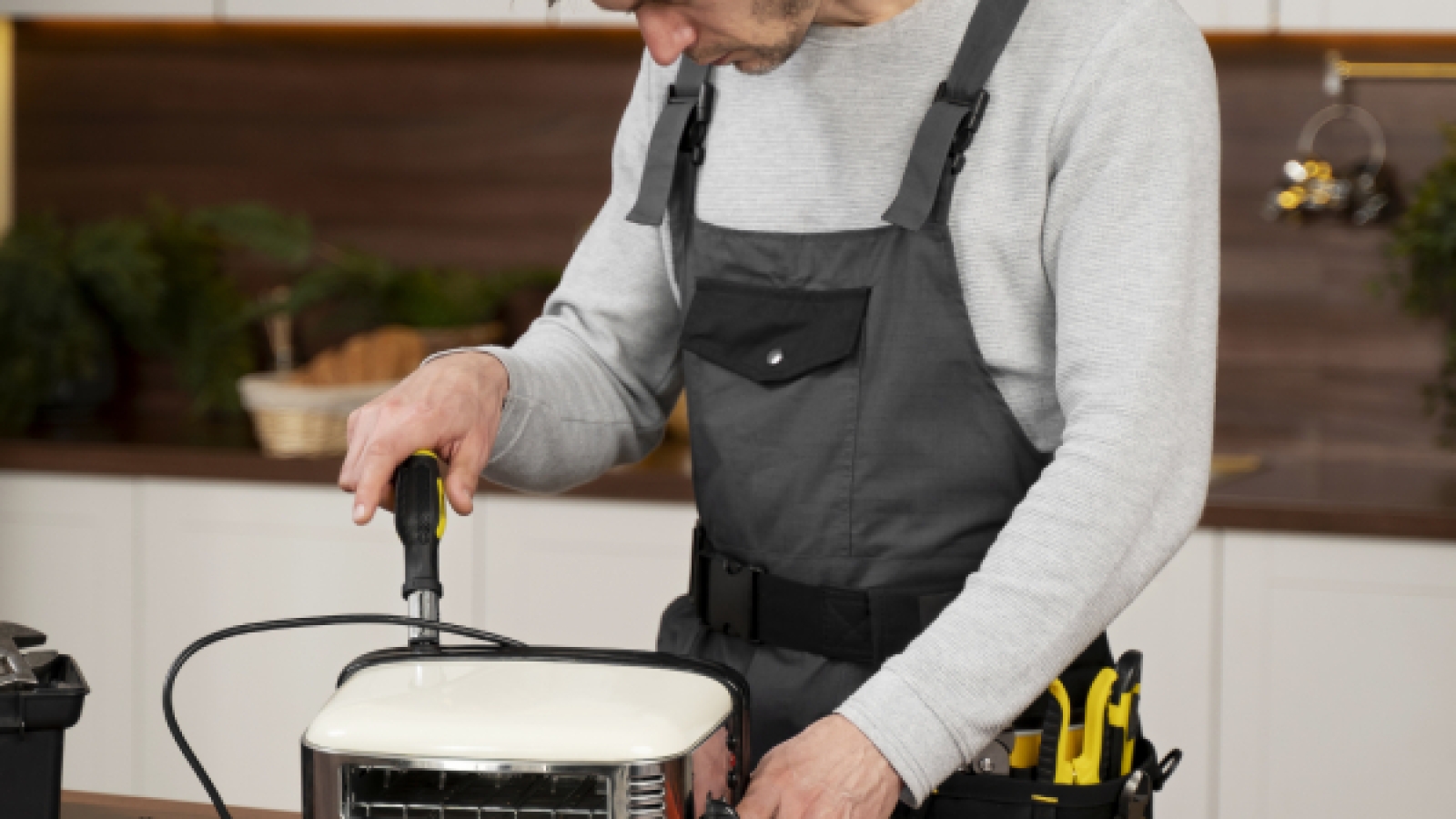Deciding whether to repair or replace a home appliance can be a tough call. It’s a choice that involves weighing costs, time, and long-term benefits. In this blog, we’ll explore the key factors that can help you make the right decision for your household.
Evaluating Repair Costs vs. Replacement Expenses for Home Appliances
One of the first things to consider is the cost of repair versus the cost of replacement. A good rule of thumb is the 50% rule: if the repair costs exceed 50% of the price of a new appliance, it’s often more economical to replace it. For example, if fixing your refrigerator will cost $500 but a new one is $1,000, replacement might be the better option. However, if the repair is minor and affordable, sticking with your current appliance could save you money.
Considering the Age and Lifespan of Your Appliance
The age of your appliance is another critical factor. Most appliances have an expected lifespan—refrigerators and washing machines typically last around 10-15 years, while dishwashers and microwaves might last about 7-10 years. If your appliance is nearing the end of its expected life, replacing it could be more cost-effective in the long run. On the other hand, if it’s relatively new, a repair might make more sense, especially if it’s still under warranty.
Time Efficiency: How Long Will a Repair Take Compared to Replacement?
Time is also a factor to consider. Some repairs can be done quickly, especially if parts are readily available. However, if you’re facing a complex repair that might take days or even weeks, you might prefer the quicker solution of replacing the appliance. Replacement typically involves just a short wait for delivery and installation, meaning less downtime for you and your household.
Environmental and Energy Efficiency Factors in the Repair vs. Replace Decision
Lastly, think about the environmental impact and energy efficiency. Older appliances tend to be less energy-efficient, leading to higher utility bills and a larger carbon footprint. Replacing an old, inefficient appliance with a new, energy-efficient model can reduce your energy consumption and benefit the environment. Additionally, properly disposing of old appliances and choosing eco-friendly models helps reduce waste and promotes sustainability.
Conclusion
When deciding whether to repair or replace a home appliance, it’s essential to consider the costs, age, time, and environmental impact. By evaluating these factors, you can make a decision that not only fits your budget but also supports your lifestyle and long-term goals. Whether you opt for a repair or decide it’s time for a new appliance, making an informed choice will help you keep your home running smoothly.


Add a Comment